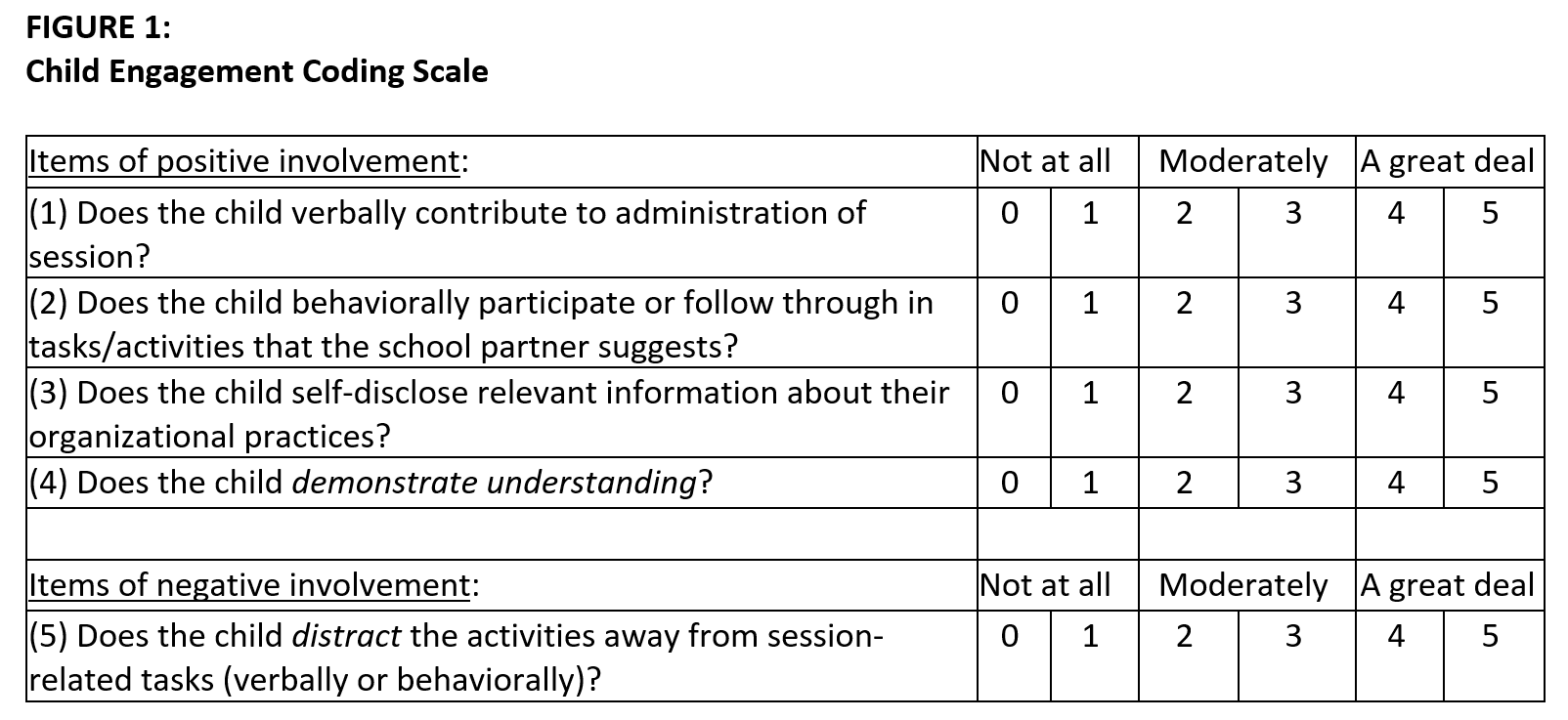Developmental and Behavioral Pediatrics: ADHD/Learning Problems/Schools
Developmental and Behavioral Pediatrics 1
555 - The Link between Engagement and Clinical Factors in Organizational Skills Training Interventions
Friday, April 28, 2023
5:15 PM - 7:15 PM ET
Poster Number: 555
Publication Number: 555.108
Publication Number: 555.108
Carlyn Glatts, Children's Hospital of Philadelphia, Thornton, PA, United States; Phylicia F. Fleming, Childrens Hospital of Philadelphia, Philadelphia, PA, United States; Sarah Libros, Childrens Hospital of Philadelphia, Medford, NJ, United States; Sydney Dickson, Childrens Hospital of Philadelphia, Philadelphia, PA, United States; Sara Franklin-Gillette, Lehigh University, Allentown, PA, United States; Bridget Poznanski, Children's Hospital of Philadelphia, Philadelphia, PA, United States; Jennifer A. Mautone, Perelman School of Medicine at the University of Pennsylvania, Philadelphia, PA, United States; Thomas J. Power, Children's Hospital of Philadelphia, Turnersville, NJ, United States; Jenelle D. Nissley-Tsiopinis, Children's Hospital of Philadelphia, Philadelphia, PA, United States

Carlyn Glatts, MD (she/her/hers)
Fellow
Children's Hospital of Philadelphia
Thornton, Pennsylvania, United States
Presenting Author(s)
Background: Skills-focused programs for organization, time management and planning (OTMP) skills are effective for children with ADHD (Bikic, 2017). Clinical factors, such as severity of ADHD and ODD symptoms, have been shown to affect intervention outcomes for children with ADHD (Owens et al., 2018), and engagement in treatment has been linked with outcomes (Chu & Kendall, 2009). Examining the link between clinical factors and engagement is important in understanding mechanisms of treatment effect, but this association has been understudied. This study will examine the link between clinical factors and child engagement in a group OTMP skills intervention.
Objective: 1)Evaluate the psychometrics of the Child Engagement Coding System (CECS; Figure 1), a coding system assessing in-session behavioral engagement in psychosocial treatment. 2)Explore associations between CECS and informant-reported clinical factors.
Design/Methods: Engagement was coded from videotaped sessions of a small-group organizational skills training intervention (OSTS, DiBartolo et al., 2021). Participants include students (N = 88; 68% male; 88% non-Hispanic; 38.5% Black; 60.4% white) who received OSTS from school providers in 10 schools (subsidized lunch rate = 9-100%). Two sessions per child were coded with 20% randomly selected for reliability coding. The CECS examines 5 aspects of in-session engagement (scale range=0-5, n/a) and produces a total mean engagement score. Clinical factors were measured by baseline scores on the Behavior Assessment System for Children 3rd ed. (BASC-3; Attention Problems, Hyperactivity, Aggression, Anxiety, Learning Problems), rated by parents and teachers. Inter-class correlations (ICC) were used to examine reliability. Bi-variate correlations assessed the link between clinical factors and CECS scores.
Results: Findings indicated that engagement was coded reliably (M=ICC=0.84; SD=0.12). Engagement scores ranged from 1.30-3.60 (M=2.73, SD=0.44). BASC scores ranged from minimum scores between 33 and 44 and maximum scores between 79 and 95 for all factors (Means ranged 51.01-62.20, SD ranged 8.66-12.66). Analyses showed teacher-rated learning problems and aggression were negatively linked with engagement (aggression r=-.27, p=0.01; learning problems, r= -.27, p=0.01).
Conclusion(s): Results provided strong support for the reliability of the CECS. Findings suggested that higher levels of teacher-rated learning problems and aggression were associated with lower engagement in skills training. This presentation will discuss implications for understanding clinical factors that impact child engagement in treatment.

